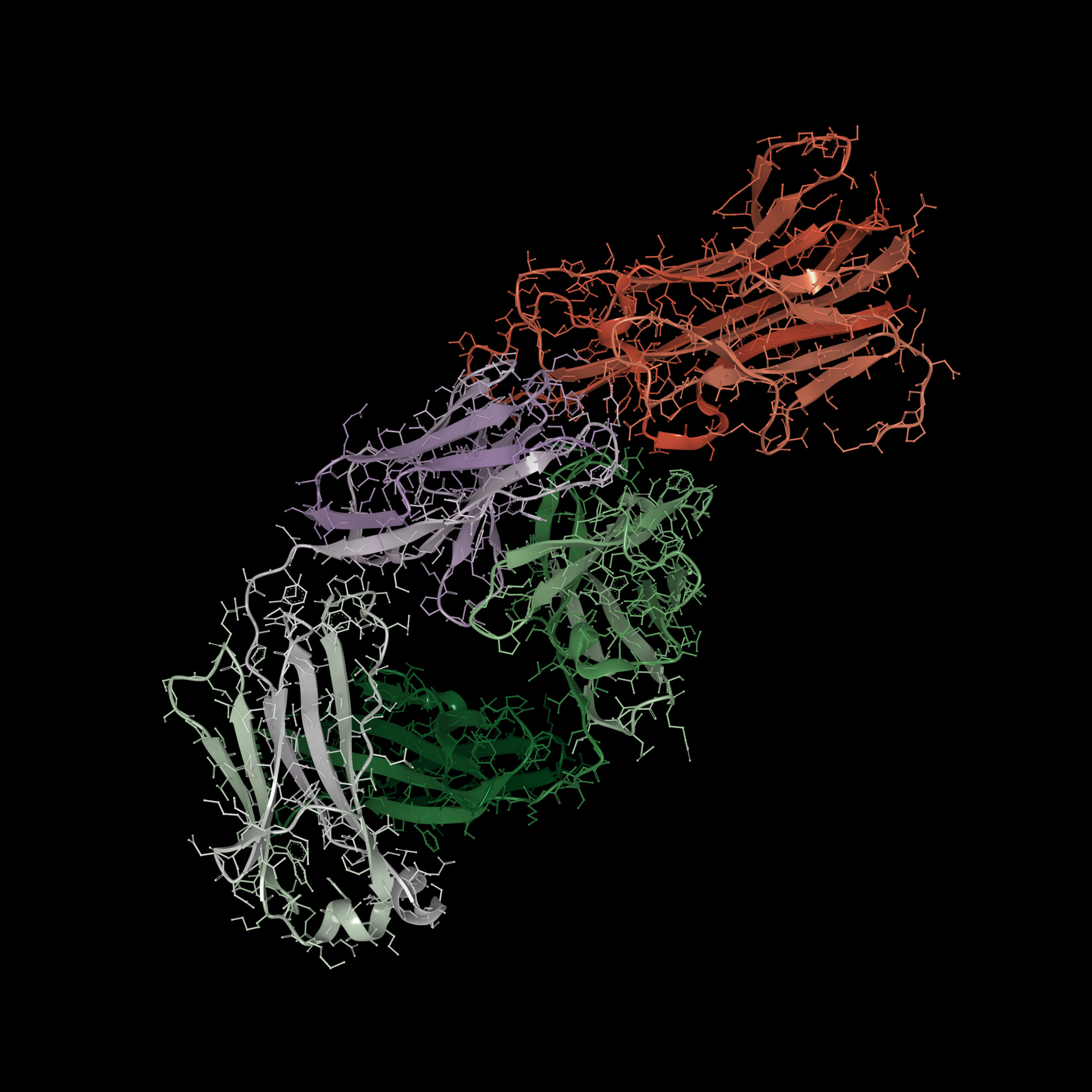First published July 12, 2023. Edited Aug. 14, 2023, to add links to patient information. Reposted Sept. 7, 2023, in honor of Rheumatic Disease Awareness Month.
In 2023, several biosimilars to adalimumab (Humira) entered the U.S. marketplace, including the first to be designated interchangeable by the U.S. Food & Drug Administration (FDA)—adalimumab-adbm (Cyltezo). These are the first subcutaneously administered biosimilar products for patients with rheumatic diseases. Clinicians will need to quickly adapt and educate patients as it becomes clearer how this will impact the availability of treatments and patient choices.
Background
Marcus H. Snow, MD, associate professor in the Division of Rheumatology at Nebraska College of Medicine, Omaha, has been working with the ACR’s Committee on Rheumatologic Care on biosimilar topics for several years. He notes that six or seven years ago, clinicians were generally more hesitant about biosimilars, but people have gained comfort with their medical effectiveness and safety since then.
Clinicians have actually been using biosimilars for years, although not under that name, Dr. Snow points out. “We think of our bio-originators as static, but through the years, they change. For example, when we compare Humira when it hit the market to today, it’s slightly different. In a way, it’s a biosimilar of itself.”
Rheumatologists have gained some experience prescribing biosimilars through infliximab-dyyb (Inflectra), a biosimilar of infliximab available in the U.S. since 2016. Since that time, two more infliximab biosimilars have launched. However, the use of infliximab is much more limited than adalimumab, one of the most profitable therapies of all time.
The FDA approved Amgen’s adalimumab biosimilar, adalimumab-atto (Amjevita), in 2016, and many thought the biosimilar would enter the market soon after. But years of legal battles with AbbVie over Humira patent violations postponed the launch, with a settlement finally delaying its entry to the U.S. market until January 2023.
Eight other adalimumab biosimilars launched in July: adalimumab-adbm (Cytezlo), adalimumab-adaz (Hyrimoz), adalimumab-aqvh (Yusimry), adalimumab-bwwd (Hadlima) and adalimumab-atty (Yuflyma), followed shortly thereafter by adalimumab-fkjp (Hulio), adalimumab-afzb (Abrilada) and adalimumab-aacf (Idacio).
These products vary in their available concentration, formulation (i.e., citrate or citrate free) and mode of administration (e.g., pen vs. syringe), but all have gone through an abbreviated approval pathway to achieve biosimilar designation by the FDA, meaning they have no clinically meaningful differences in terms of safety, purity and potency from an existing, approved biologic reference product.1





